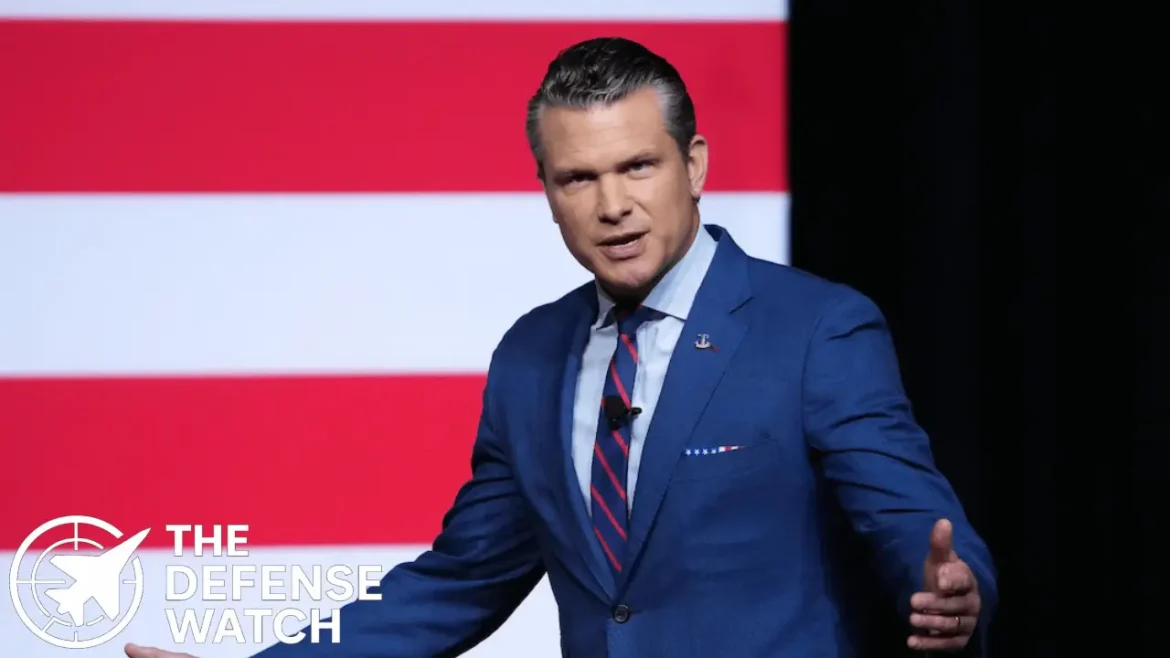What Happened
In early October 2025, the Pentagon announced plans to implement a sweeping security policy that would require thousands of staffers — from senior military officers to administrative personnel — to sign nondisclosure agreements (NDAs) and potentially submit to random polygraph tests. The effort, initiated by Defense Secretary Pete Hegseth, is aimed at curbing leaks and dissent within the Department of Defense (DoD).
Under draft directives, more than 5,000 military, civilian, and contractor personnel in the Office of the Secretary of Defense and the Joint Staff could be covered. The policy is still under review and has not been formally adopted.
Background: Why Now?
The Pentagon, like other U.S. national security agencies, already enforces strict rules against unauthorized disclosures of classified information. But under the Trump administration and Hegseth’s tenure, concern over leaks to the media has intensified.
This latest push reflects a broader shift toward controlling internal information flows and tightening oversight of communications. Critics contend that past restrictions and statutes already criminalize or penalize unauthorized disclosures, leading to questions about whether new measures are genuinely security-driven or politically motivated.
Complicating the backdrop is the recent “Signal chat” leaks involving Hegseth himself. In March 2025, reports surfaced that Hegseth used a secure messaging group containing high-level officials — and mistakenly included journalists — to circulate operational details. That incident prompted a Senate request for inspector general review and intensified scrutiny of the Pentagon’s own information practices.
Details of the Initiative
Scope and Mechanisms
- Mandatory NDAs:
The draft NDA would forbid personnel from releasing any “non-public information” unless properly approved or routed through a defined process. The agreement would cover not just classified material but also internal memos, briefings, or policy deliberations. - Random Polygraph Tests:
The initiative proposes unannounced polygraph examinations for staffers who hold access to sensitive data. Unlike existing clearance-renewal polygraphs in the intelligence community, this program would extend into areas traditionally exempt within the DoD. - Who Might Be Affected:
Though the draft does not explicitly limit participation, the net could extend from four-star generals down to administrative assistants in the Office of the Secretary of Defense and Joint Staff.
Some reports suggest the number of individuals affected could exceed 5,000 personnel. - Enforcement & Penalties:
Noncompliance with the NDA or “failing” a polygraph could trigger administrative or criminal consequences, especially for military members. The draft memo emphasizes preserving decision space for senior leaders and protecting sensitive operations.
Reactions & Criticisms
- Official Response:
Pentagon spokesperson Sean Parnell dismissed the reporting as “untrue and irresponsible.” The policy remains under review, with no formal adoption confirmed. - Legal and Whistleblower Concerns:
National security attorneys and former DoD officials argue that the NDA and polygraph policies appear designed more to suppress dissent or leaks to media than to deter espionage. One critic, Mark Zaid, noted that existing laws already criminalize disclosures and questioned the necessity of wholesale surveillance and control. - Workforce Pushback:
Inside the Pentagon, reports suggest morale and trust could decline. Some staffers claim to be practicing techniques to “beat” lie-detector tests. Others describe the measures as coercive, aimed at stifling internal debate rather than genuine security threats. - Media Access Restrictions:
Parallel to the internal crackdown, Hegseth’s administration has tightened press access—requiring journalists covering the Pentagon to sign pledges not to gather unauthorized info and restricting movement within the building. Some observers see this as part of a unified strategy to control information both inside and outside DoD.
Expert & Policy Perspectives
Legal and security specialists caution that polygraphs have long been contested in reliability and are inadmissible in many courts. Their use as a broad tool for internal discipline could spark legal challenges.
Some former defense officials acknowledge that internal leaks can hamper operations and trust, but they argue that blanket policies risk eroding morale, fostering fear, and making disclosure decisions overly political.
Others say the initiative may reflect a broader realignment: shifting from a model of transparency and accountability to one of hierarchical control. In some respects, it aligns with trends in other departments where loyalty and messaging control have been prioritized.
If the policy passes, it might set a precedent across the U.S. government, especially for agencies handling classified or sensitive material.
What’s Next & Potential Impacts
- Policy Formalization:
The current drafts are under review. Formal adoption, implementation timelines, and legal vetting remain uncertain. - Organizational Effects:
The initiative could reduce internal dissent and leaks, but also risk alienating talented personnel unwilling to work under intrusive controls. - Legal and Legislative Challenge:
Congress or federal courts may challenge the policies on constitutional or statutory grounds, particularly regarding First Amendment, whistleblower protections, or due process. - Broader Government Precedent:
If enacted, other agencies may follow suit, normalizing NDAs and polygraphs as standard tools of internal control. - Public & Media Perception:
Tightening control over both internal leaks and media coverage may draw criticism from press freedom, transparency, and oversight advocates.
As the Pentagon under Secretary Hegseth considers these sweeping changes, the balance between operational security and institutional openness is at stake. Whether the NDA and polygraph regime will survive legal, institutional, or political scrutiny remains to be seen.
Source 1 | Source 2 | Source 3
Get real time update about this post category directly on your device, subscribe now.


3 comments
[…] the Defense Counterintelligence and Security Agency (DCSA) is expected to begin conducting random polygraph screenings, expanding a practice traditionally reserved for intelligence agencies and nuclear […]
[…] Defense Department under Hegseth is pushing for what officials describe as “portfolio-based acquisitions”—a strategy that […]
[…] initiative extends beyond policy changes. The War Department plans to invest in expanded computing power on military installations […]